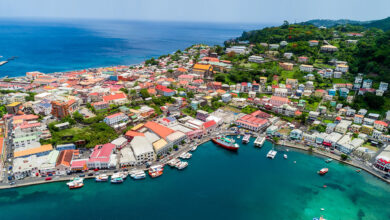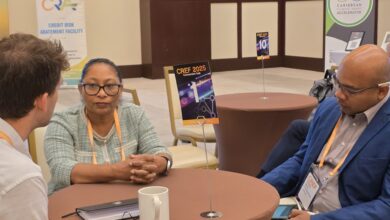The Caribbean Community (CARICOM) is moving to formulate an energy security strategy. To this end, a group is to be established to immediately begin working on the strategy, focusing on regional energy integration matters.
Regional energy integration and security were among key matters around which there was significant agreement when CARICOM Minsters of Energy met during a special session of the CARICOM Council for Trade and Economic Development (COTED) held on 30 September via videoconference.
The work produced by the group will be placed before the COTED for approval.
The Minsters had extensive discussions on integrated resource and resilience planning which is an emerging way of doing electricity sector planning that provides an understanding of the resource options – renewable and otherwise – that are necessary to meet electricity needs and to determine customers’ electricity demands.
Dr. Devon Gardner, Energy Programme Manager at the CARICOM Secretariat said the emerging model guides on the requirements for building resilience to create a more robust system against external shocks including those that were weather- and climate-based or epidemiological.
The Ministers also, in principle, approved Cuba as an associate member of the Caribbean Centre for Renewable Energy and Energy Efficiency (CCREEE), Dr. Gardner said.
The potential for cooperation between the CCREEE and Cuba was enormous, according to Dr. Gardner. He pointed out that Cuba had made advances in the use of energy in agriculture, for example, and was world renowned in bio-energy, while the Caribbean’s strides in areas such as integrated wind and solar engineering would be of interest to Cuba.
There is also scope in the new relationship for training and skills development, research and innovation and cooperation on projects.
CCREEE is the CARICOM Institution with an exclusive energy mandate, and is the implementation hub for the CARICOM Energy Policy. It became operational in 2018 and is headed by Dr. Gary Jackson, it’s Executive Director. Its technical programme of work is currently centred on integrated resource planning. The organisation is also focusing on awareness and promotion of energy matters, and has begun to build out the architecture for energy statistics and information management.
The organisation has a 2020-2023 detailed strategic plan which will guide its work in ensuring the Member States have better implementation support for sustainable energy development which has been identified as a transformative area in the lives of the populace of the Region.






